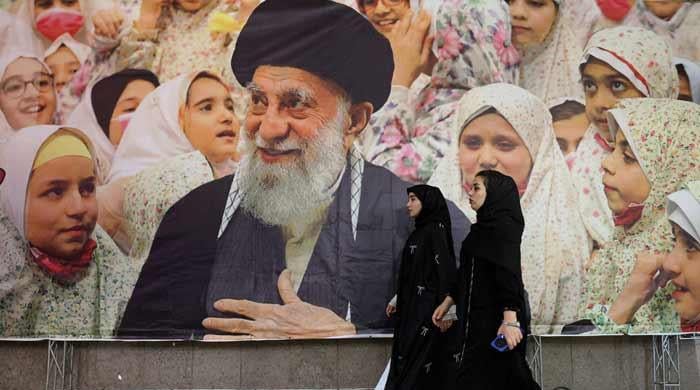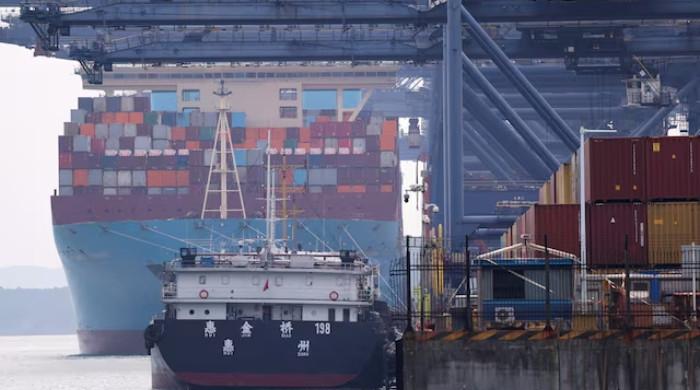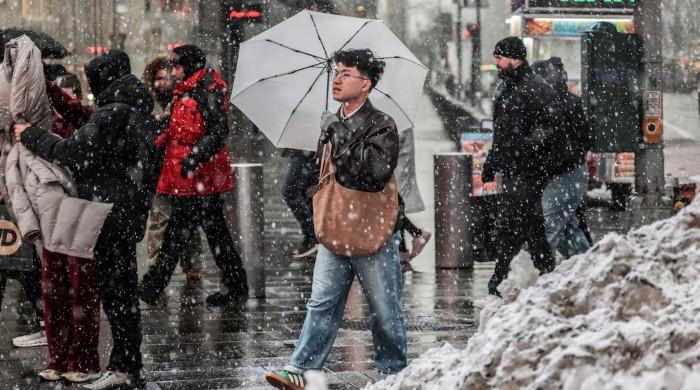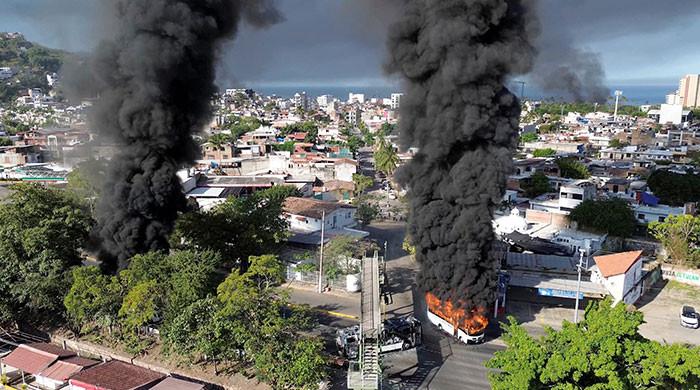Chinese community faces racist abuse amid coronavirus outbreak
The health crisis has dented China’s international image and put Chinese nationals in difficult positions abroad
February 01, 2020
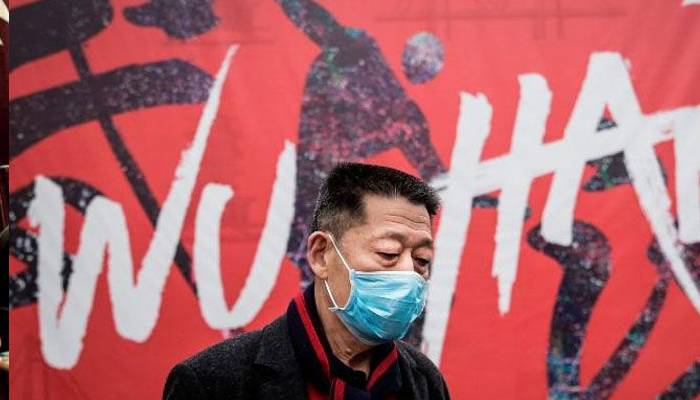
With the surge in coronavirus cases that has taken the lives of over 250 people, Chinese nationals across the globe are complaining of racism taking place against them.
The ongoing health crisis, which has affected over 100 people in more than 20 countries has dented China’s international image and put Chinese nationals in difficult positions abroad, with complaints of anti-China sentiments, from shops barring entry to Chinese tourists, online vitriol mocking the country’s exotic meat trade and surprise health checks on foreign workers.
More than 40,000 workers at a vast Chinese-controlled industrial park in Indonesia -- which also employs 5,000 staff from China -- were put under quarantine, the facility said on Friday.
On the same day, China flew overseas Hubei residents back to the centre of the outbreak in Wuhan on chartered planes from Thailand and Malaysia, citing "practical difficulties" the passengers had encountered overseas.
Authorities and schools in Toronto, Canada, were moved to warn against discrimination towards Chinese Canadians, while in Europe there was anecdotal evidence of Chinese residents facing prejudice in the street, and hostile newspaper headlines.
“Orientalist assumptions plus political distrust plus health concerns are a pretty powerful combination,” said Charlotte Setijadi, and anthropologist who teaches at Singapore Management University.
Chinese authorities have said the virus emerged from a market selling illegally traded wildlife, giving rise to widespread social media mocking of China’s demand for exotic delicacies and ingredients for traditional medicine.
“Stop eating bats,” said one Twitter user in Thailand, the top destination for Chinese tourists. “Not surprising that the Chinese are making new diseases,” another Thai user posted alongside a video clip that showed a man eating raw meat.
“Because your country is beginning (to) spread disease...we do not accept to serve the guest from China,” read a sign in English outside the Danang Riverside hotel in the central Vietnamese city of the same name. Authorities later told the hotel to remove the sign, its manager said in a Facebook post.
The Chinese government has said it was determined to contain an epidemic it called a “common challenge facing mankind”.
“Prejudice and narrow-minded words are no good at all,” the Foreign Ministry said in a statement.
Travel bans
Many countries have imposed visa restrictions on travellers from Hubei province - the epicentre of the virus - while some airlines have suspended all direct flights to mainland China.
But this is not enough for hundreds of thousands of people in South Korea and Malaysia who have signed online petitions urging authorities to ban Chinese from visiting their countries.
In an unusual move, Samal Island in the southern Philippines on Thursday banned not just tourists from China but from all countries affected by the coronavirus to the popular beach spot.
In France, whose capital Paris is a major draw for Chinese visitors and which has a significant Chinese population, local Asians created a Twitter hashtag #Jenesuispasunvirus (“I am not a virus”) to report abuse, especially in public transport.
Sun Lay Tan, a 41-year-old manager in the creative industries sector, said the man seated next to him in his Paris subway ride changed seat then put a scarf over his mouth.
“That was really shocking,” said Tan, who was born in France of Chinese and Cambodian origin. “I felt really stigmatised”.





